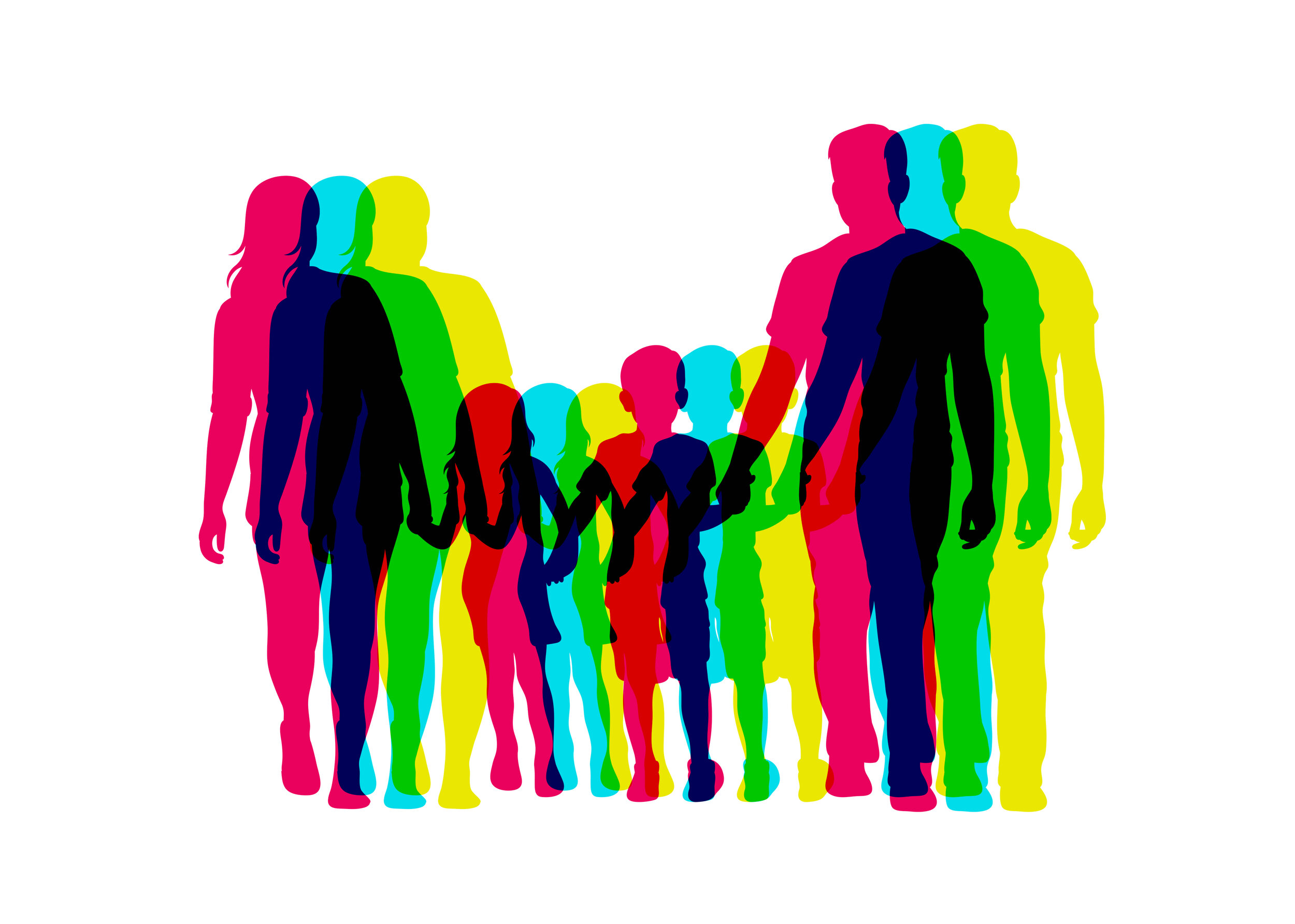
About the Book
Overview
Faced with homeschooling and remote working, people are reminiscing about the good old days when a child’s school ended at 3 pm, even though work continued until well after 5. But do we really want to go back?
Working parents were exhausted from striving to be Ideal Workers, Perfect Parents and Ultimate Bodies.
Jay’s days were filled with back-to-back meetings, yet he managed to leave work in time to pick his daughter up from swimming at 7pm and have a late dinner with one of his children. Rebecca struggled through a large stack of math homework with her son while three other children clamored for her attention. A “good” day required endless planning, with the aid of phones, apps, and others to help. These three myths of perfection were driving people to exhaustion. And smartphones only made it harder for these dreams to be achieved. Because as technologies empower us to do more, they also promise limitless availability and connection.
In Dreams of the Overworked, Christine Beckman and Melissa Mazmanian offer vivid sketches of daily life for nine families, capturing what it means to live, work, and parent in a world of impossible expectations – expectations amplified unlike ever before by smart devices. We are invited into homes and offices, where we recognize the crushing pressure of unraveling plans, and celebrate how people—through a web of social “scaffolding”—support each other’s dreams.
Ultimately, the stories in this book challenge the seductive myth of the individual with phone in hand, doing it all on their own. It wasn’t really working all that well even before the pandemic hit. In truth, beneath the veneer of technology is a complex, hidden system of support—our dreams have always been scaffolded by retired in-laws, friendly neighbors, spouses, and paid help. This book makes a compelling case for celebrating the structures that allow us to strive for our dreams by supporting new public policies, challenging workplace norms, reimagining family and community, and valuing the joy of human connection.
We are invited into homes and offices, where we recognize the crushing pressure of unraveling plans, and the healing warmth of being together. Moreover, we witness the constant planning that goes into a “good” day, often with the aid of phones and apps. Yet, as technologies empower us to do more, they also promise limitless availability and connection. Checking email on the weekend, monitoring screen time, and counting steps are all part of the daily routine.
Ultimately, the stories in this book challenge the seductive myth of the individual with phone in hand, doing it all on their own. In truth, beneath the veneer of technology is a complex, hidden system of support—our dreams are being scaffolded by retired in-laws, friendly neighbors, spouses, and paid help. This book makes a compelling case for celebrating the structures that allow us to strive for our dreams by supporting public policies and community, organizations, challenging workplace norms, reimagining family, and valuing the joy of human connection.
Preface
Americans are working harder, parenting with more anxiety, and living more and more frenzied lives. The mental checklist is long: Did you finish the report? Remember to text the acting coach? Sign the kids up for camp? Get to the gym? Professionals are expected to be at-the-ready, parents are told to be ever-present, and everyone hears the message to exercise and eat well. Do you live in world where work is endless, family is all consuming, and exhaustion is the norm? You are not alone.
Technologies promise to help. You can respond to an important work email while at a child’s baseball game; you can monitor your kids while at work; and you can count your steps and track your sleep rhythms. All true. But at the same time technologies make you more available, more accountable, more frazzled. Changing expectations about accessibility make it all the more difficult to be the kind of colleague, parent, and person you want to be.
While you may know in your heart of hearts that perfection is unattainable, do you still flush with pride in those brief and fleeting moments of having it all under control? Is there an insistent voice in your head measuring yourself against unrealistic expectations about what it means to work, parent, and live in the digital age? It is hard not to.
But these expectations miss a lot. Do you also give yourself credit for being a good friend? Are you proud of your ability to find and offer help? With all the demands of work, parenthood, and taking care of yourself, you know that you don’t do it alone--but do you really see those around you who make your daily life possible?
Take this morning. You probably accomplished, or tried to accomplish, a series of tasks: getting to work on time, eating, seeing children off to school, squeezing in some exercise. How did you do it? While struggling through a hectic morning, it’s easy to feel alone, the center of a bad movie in which nothing is going right for the protagonist. But, most likely, you were supported, enabled, and empowered by others--what we’ll call scaffolding in this book--in numerous ways: someone else may have purchased the coffee beans, packed the kid’s lunches (or yours!), cleaned your house, signed your child’s permission slip, or got the kids to school so you could get to work on time or fit in some exercise.
Current obsessions with individual triumphs in work, parenting, and self-improvement obscure the unsung yet equally essential need for community, collectivity, and help. In an age of increasing isolation, when technology seems to be pulling people apart from each other, this book shows how--in spite of the increasing obstacles of modern life--you are actually using technology to build connections with others. In truth, your reliance on others (and their reliance upon you) is the basis of everyday accomplishments. The emotional and practical moments associated with collective engagement deserve to be celebrated.


